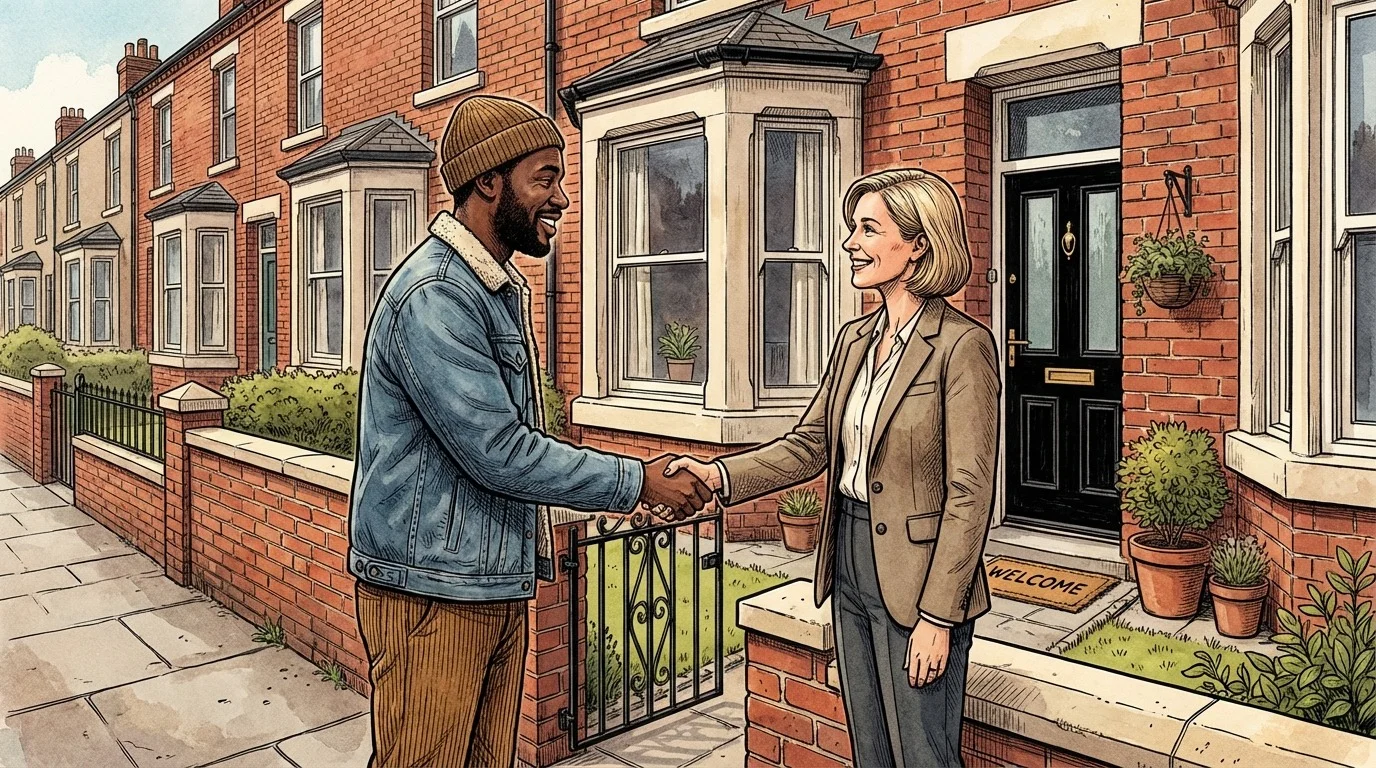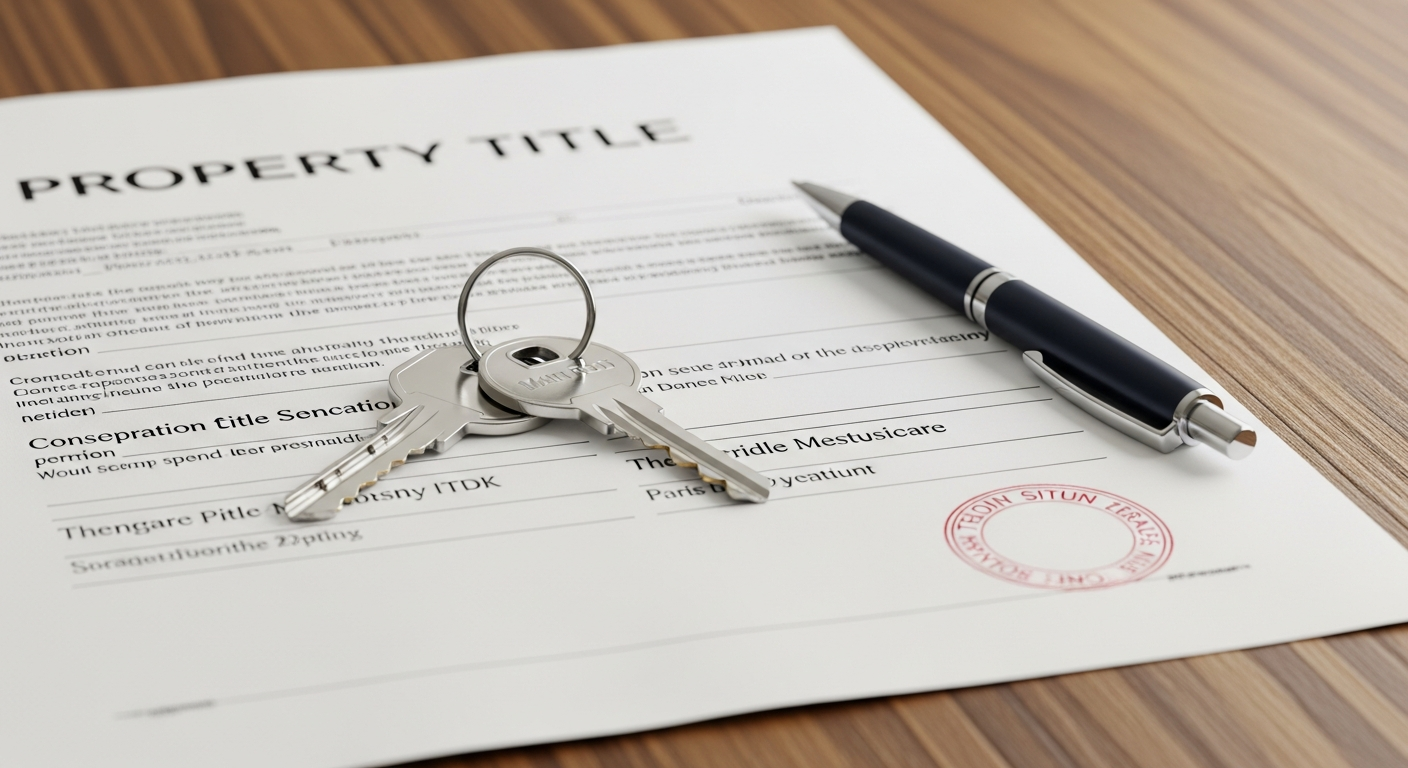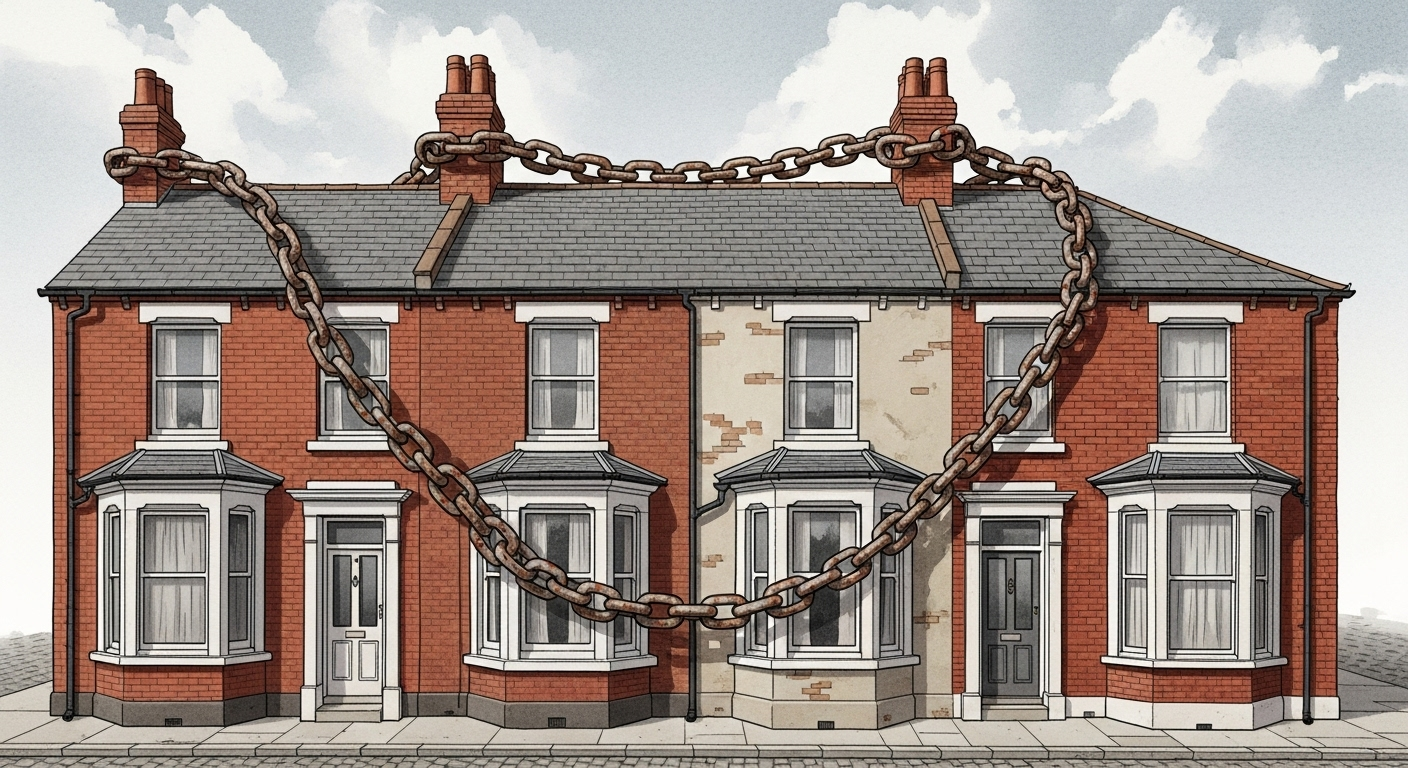Blog
Guide

Leasehold vs Freehold: What’s the Difference for Home Buyers?
Leasehold vs Freehold: What’s the Difference for Home Buyers?
Introduction
When buying a home, one of the first things you’ll encounter is whether the property is leasehold or freehold. These terms can feel confusing, but they’re important because they affect your rights, responsibilities, and future costs. This article explains the difference in simple terms.

What is Freehold?
If you buy a freehold property, you own both the building and the land it stands on outright. This is the most straightforward type of ownership and is common for houses. As the freeholder, you are responsible for maintaining the property and land.
Key points about freehold ownership:
- No ground rent or service charges.
- Full control over your property (subject to planning rules).
- Responsibility for all repairs and upkeep.

What is Leasehold?
A leasehold property means you own the property for a set period, but not the land it’s built on. The land is owned by a freeholder (sometimes called a landlord). Flats are commonly sold as leasehold, and some houses may be too.
Key points about leasehold ownership:
- You have a lease that states how long you can own the property (e.g., 99, 125, or even 999 years).
- You may need to pay ground rent, service charges, and maintenance fees.
- You may need permission from the freeholder for alterations.
- If the lease is short (typically under 80 years), the property may be harder to sell.

Why Does It Matter?
The type of ownership affects: - Costs – Leaseholds often come with ongoing fees, while freeholds generally do not.
- Control – Freeholders have greater independence, while leaseholders must follow lease terms.
- Future value – A short lease can affect property value, and extending a lease can be costly.

Tips for Buyers
1. Check the lease length – If buying leasehold, ask how many years are left.
2. Understand the fees – Ground rent, service charges, and other costs should be clear.
3. Consider resale potential – Short leases may put off future buyers.
4. Get legal advice – A conveyancer will review the lease terms and explain your obligations.

Summary
Freehold usually offers more freedom and fewer ongoing costs, while leasehold requires careful consideration of lease terms and charges. Both types of ownership can be suitable, but it’s important to know what you’re committing to.

At Arrow Conveyancing, we understand how important it is to feel supported throughout the conveyancing process. Whether you’re buying, selling, or just planning ahead, our experienced team is here to make things simpler, clearer, and more reassuring.
Visit: www.arrowconveyancing.co.uk
Call: 0116 266 5394
Email: hello@arrowconveyancing.co.uk

Disclaimer
The materials on this website do not constitute legal advice and are provided for general information only. Whether express or implied, no warranty is given concerning such materials. We shall not be liable for any technical, editorial, typographical, or other errors or omissions within the information provided on this website, nor shall we be responsible for the content of any web images or information linked to this website. The information contained in this article does not constitute financial advice or recommendation and should not be considered as such. Arrow Conveyancing does not offer financial advice and is not regulated by the Financial Conduct Authority (FCA). The authors of this article are not financial advisors and are therefore not authorised to offer financial advice.
Published on :
October 31, 2025









.png)





